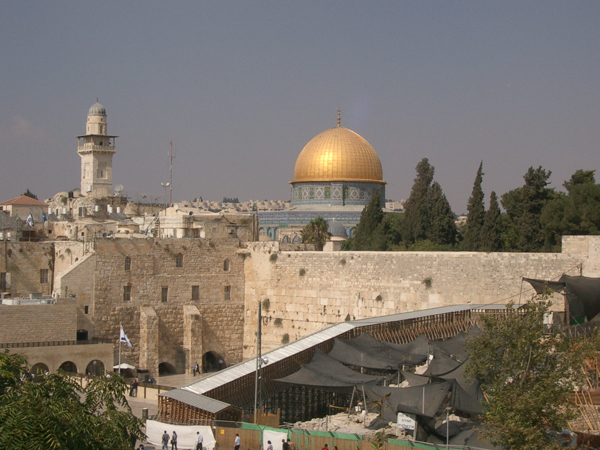As they sang in “Bye Bye Birdie:” “Kids: I don’t know what’s wrong with kids these days….”
Or, at the very least, some Jewish kids.
Here is what has happened at Brown and RISD.
Jewish students at Brown University and Rhode Island School of Design decided to hold a May 11 event at the campus Hillel building focused on the Palestinian experience of Israeli independence in defiance of what they called “pressure” from Hillel International and the withdrawal of official Hillel sponsorship…
In a statement, Hillel International said it supported Brown RISD Hillel’s decision to cancel the event “because it was inconsistent with Hillel’s mission and values.”
J Street U, Brown-RISD’s joint Hillel Student Board and Brown Students for Israel, the event’s original sponsors, had timed it to coincide with Israel’s independence day, Yom Ha’atzmaut, which started that night. It featured three short films about the day, which Palestinians call the “Nakba,” or catastrophe, and was called “Jews Facing the Nakba.”
You know what?
Hillel was right.
Here is what is stunning.
The anti-Israel groups in the Jewish community seem to believe that they deserve space to promote their vision.
They are, in fact, petulant over the fact that the organized Jewish community neither shares their anti-Israel views, nor believes that it is within their own mission statement to promote those anti-Israel views.
What makes this more stunning is this: I cannot think of another case of a faction within a particular ethnic or interest group demanding that the group provide them with a forum for taking positions that are clearly against the group’s interests.
You don’t, for example, see black students’ groups having programs that question, say, affirmative action, or LGBT groups having programs on reparative therapy.
But for the Jews, as in so many other things, it is different.
And if you say to me that the Jewish community must go out of its way to accommodate those views, or to be relativistic about those views, then I must ask you, again:
Anti-affirmative action speaker at a black students group?
Reparation therapy activist at an LGBT group?
Let’s be clear: you want to differ on Israeli policies?
Me, too.
Join the club.
Get in line.
Why should Israelis have all the fun?
But, when you start using words like “nakba,” it means this: You have chosen to accept the Palestinian narrative about 1948, in which the creation of Israel is seen as a disaster.
The creation of Israel is a disaster, they say, because of the massive numbers of Palestinians who were displaced by the fighting.
(And you thought that Jews don’t believe in original sin. They don’t, but others believe that the creation of Israel was the original sin.)
Let the record note: I have deep sympathy for those displaced Palestinians.
I have far less sympathy for the Arab regimes that cynically decided to keep them stewing in refugee camps — especially because an equal number of Jews from Arab countries were also displaced, and were granted refuge in the newly-created Israel.
It’s called population exchange. Except, it didn’t happen.
Which begs the question: If the creation of Israel was a nakba, then there is nothing that Israel can do to undo it — except to willfully disappear.
We are no longer talking about the territories now. We are no longer talking about the settlements. It’s not 1967; it’s 1948.
So, you will forgive me if I say: I am not interested in my people being the only people in the world who is supposed to give up its sovereignty.
Nope. Nadda. Ain’t gonna happen.
Which begs yet another question: is there any other country whose origin is still so hotly debated?
In particular, I want to tell British anti-Israel folks: you want to talk about bloodbath; let’s talk about the Norman rape of the Anglo-Saxons in 1066.
Or, to bring it up to date, can we talk about the birth pangs that surround the birth of Pakistan?
Why is it that it is only the creation of Israel that was supposed to be like a Peter, Paul, and Mary concert? When did history become Woodstock?
Do I believe that Hillels should be places of open debate on Israeli policy?
Yes — as I believe that the entire Jewish community needs to be open to that conversation.
Do I believe that Hillels should be places of open debate about Israel’s very existence, and the righteousness and essential necessity of its founding?
No.
Now, you are obviously free to adopt the Palestinian nakba/”the creation of Israel was a disaster” narrative.
But, please: don’t expect that the spaces of the organized Jewish community — like Hillel — will be open to your message.






